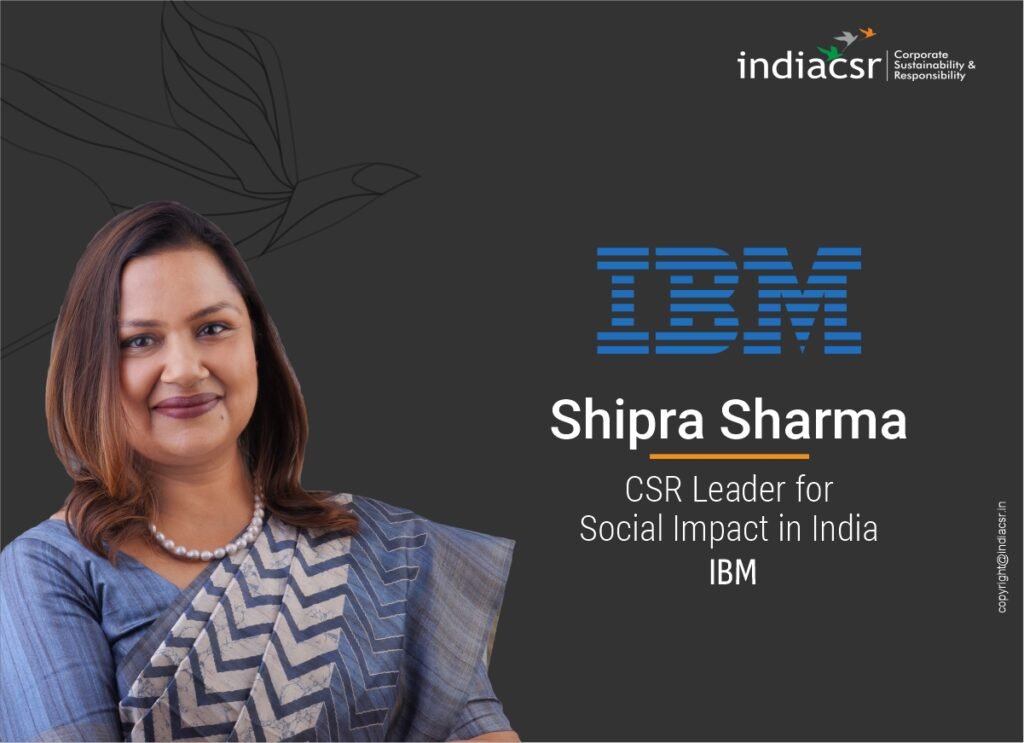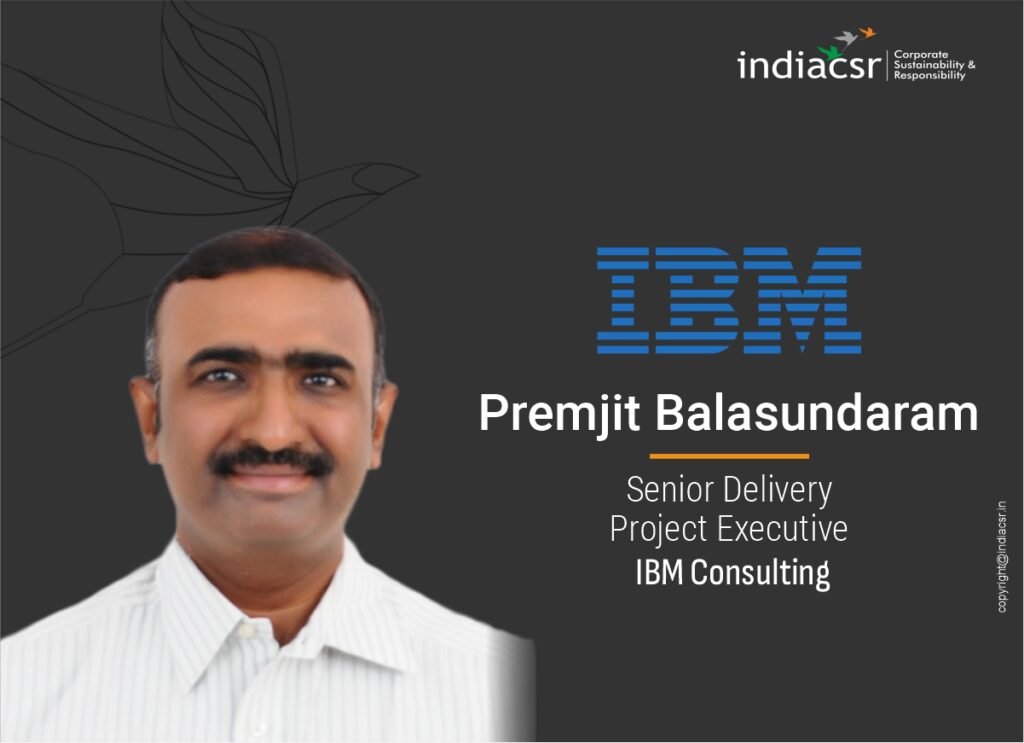
India is an agricultural powerhouse. It is one of the largest producers of dairy, pulses, and spices, and it also significantly contributes to the world’s production of staple crops like rice, wheat, cotton, and sugar. India’s agriculture sustains not only its burgeoning population but also contributes to global food security. This immense responsibility necessitates long-lasting, forward-thinking solutions that promise not just progress, but also environmental sustainability. It is all about working with nature rather than against it.
Today we stand on the brink of Industry 4.0, characterized by the integration of digital technologies into conventional industries, and India’s agricultural sector emerges as a prime candidate for a technological transformation. On the one hand, this transformation is powered by emerging technologies such as Internet of Things (IoT), Artificial Intelligence (AI), and big data analytics, which are paving a new path for the nation’s agriculture, and on the other are the farmers and communities who steward our land and resources.
Numerous government and non-government agencies, communities, and leading tech companies have joined forces to establish a collaborative platform for their collective engagement in the mission of integrating sustainable practices into India’s agriculture ecosystem. This initiative aligns with our nation’s Digital India Mission, which advocates for the adoption of emerging digital technologies across various sectors, including agriculture.
To exemplify, The Nature Conservancy Centre (TNCC) in India, a branch of The Nature Conservancy, the world’s largest conservation organization, partnered with a pioneering tech firm deeply rooted in India to create an innovative public information platform called ‘Crop Residue Management (CRM) Connect.’ CRM Connect is aimed at promoting regenerative farming practices and has been meticulously designed to empower farmers, service providers, and all stakeholders involved in sustainable crop residue management.
The solution comprises two components:
- CRM Dashboard: This component empowers policy makers and TNCC’s partner organizations, including enterprise users such as analysts, scientists, amongst others, with analytical insights on historical fire counts, enabling them to make well-informed decisions and implement targeted interventions for more effective crop residue management.
- CRM App: The app creates a robust ecosystem for farmers, machine service providers, agricultural entrepreneurs, experts, partner Non-Government Organizations (NGOs), and policy makers. It facilitates the seamless exchange of vital information about regenerative agriculture including a knowledge base, access to available CRM machinery, and expert guidance. Ultimately, it empowers these stakeholders to become effective change agents in promoting sustainable farming practices.
By providing demographic insights, tracking agricultural activities, and mapping vital resources, CRM Connect bridges the gap between knowledge and action. The dashboard offers invaluable insights from climate and weather patterns, soil conditions, and demographic information, allowing decision-makers to focus on resources effectively and thus enhancing agricultural sustainability while mitigating the impact on air and soil quality.
With over 1,000 farmers on board, and a potential to impact more than 25,000 hectares by year’s end, the initiative is a ray of hope in fostering awareness and empowerment among agricultural communities, extending beyond current boundaries and becoming a catalyst for change worldwide. With an opportunity to unlock more intricate correlations using Artificial Intelligence (AI) and providing even more precise insights to India’s kisans, organizations, and policymakers, solutions like these hold the promise of not only curbing soil degradation and air pollution but also serves as a unifying force, bringing together all stakeholders in pursuit of this shared objective, with technology and data serving as the pivotal driving forces.
The journey from tradition to tech is more than a leap—it is a soaring stride into a future where agriculture and technology go hand in hand, nurturing our land, our people, and our planet. At the heart of this approach lies our collective strength in innovation, investments, and partnerships.
About the Author

Shipra Sharma, CSR Leader for Social Impact in India, IBM

Premjit Balasundaram, Senior Delivery Project Executive, IBM Consulting
Copyright@ IndiaCSR
























